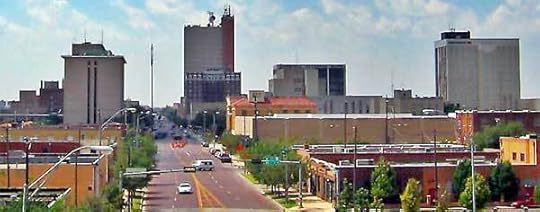Get Uber It
In almost every city it’s entered, the car-hailing service Uber has met with controversy. One of the few exceptions has been Lubbock, and in the latest issue of Texas Monthly, I explain why:
Last February, after Uber, the app-based ride-sharing company, announced its intention to enter the Houston market, local cab drivers crammed into a city council meeting wearing bright-yellow T-shirts with slogans like “Fair Play = Same Rules.” They claimed that Uber, which usually charges less than traditional cabs do, has an advantage because its drivers don’t have to meet the same insurance requirements as most cabbies. By the time the city council granted Uber the right to operate, last summer, the debate had raged for months, and local cab companies had sued Uber and its rival, Lyft. Uber has faced a similar backlash in Dallas, where the city has yet to finalize new ride-sharing rules.
On the High Plains, though, things have been a lot quieter, as usual. Uber began serving Lubbock in June, and its arrival garnered little controversy. That’s largely because Uber arrived just as the city’s only traditional cab service was winding down operations; Jim Sexton, the owner of the town’s decades-old Yellow Cab Company, had decided to retire, and no new buyer had emerged. But it certainly didn’t hurt Uber’s chances that the city also has a ready-made market for its service: thousands of smartphone-wielding Texas Tech students.





